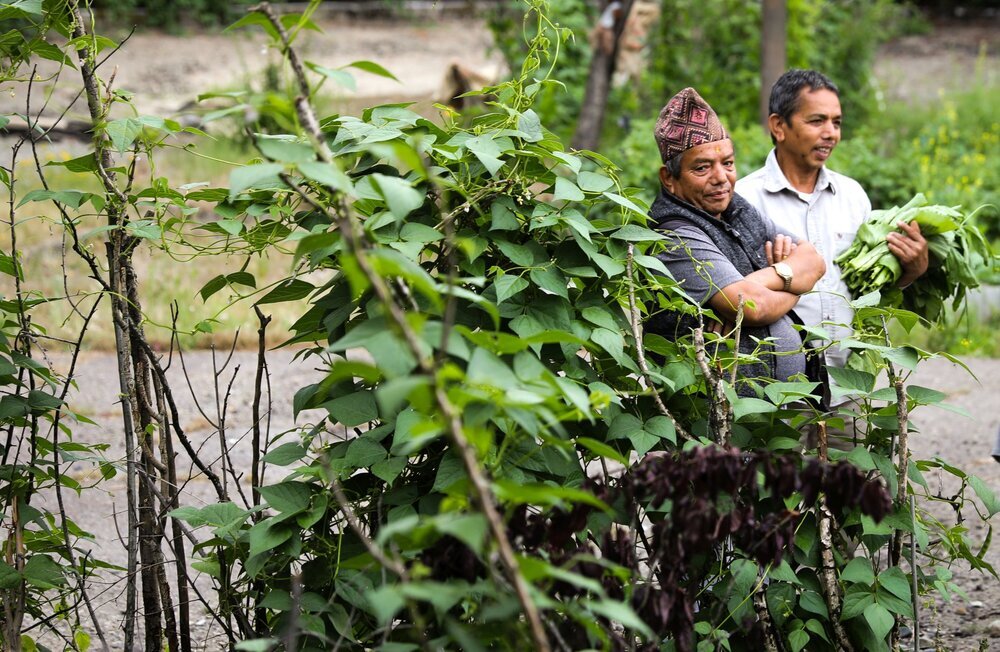Finding Community in Gardening
By Stepan Gauvreau
Pandemics can be stressful, as the bolded heading of the “Coping with Stress” section on the Center for Disease Control and Prevention’s website plainly understates. The ever present threat of contracting a deadly disease has caused many to balk at encounters with other humans, especially those unknown or unfamiliar. Subsequently, various mental-health problems resulting from prolonged periods of isolation and stress have increased in frequency and severity.
Nearly 1 in 2 Americans reported that the COVID-19 pandemic has negatively affected their mental health. Data from the Center for Infectious Disease Research and Policy at the University of Minnesota show that rates of depression among American adults have risen threefold. William Wan of The Washington Post writes that federal agencies and experts were expecting, only several months into the pandemic, record waves of depression, substance abuse, PTSD, and suicide. For those with financial troubles, the pandemic-derived stressors tend to be particularly acute.
In a sea of uncertainty, some immigrants and refugees have turned to a horticulture to find comfort and support. (World Relief Seattle)
Ethnic and racial minorities face an increased risk of contracting and dying from COVID-19 due to systemic inequalities. Immigrants–documented and undocumented–are at great risk, as many of them are employed as essential workers. Refugees, too, are vulnerable because they are more likely to live and work in environments in which infectious diseases are easily spread.
In a sea of uncertainty, some immigrants and refugees have turned to a horticulture to find comfort and support. Kerry Breen and Adam Kaufman of Toady detail the efforts of a group of individuals who are planting the seeds of conciliation and understanding in a community garden.
World Relief Seattle, a refugee resettlement and support organization, settles disparate groups of peoples from various corners of the world. Their project, Paradise Parking Plots, aims to improve access to food, build community, and foster economic independence for their clients. Over 50,000 square feet have been converted from an empty lot to a robust and adequate growing space. Refugees and immigrants from 23 countries–from Bhutan to Kenya to Ukraine–are able to grow the food that is found in their home countries.
Using rainwater and compost, the community garden produces fresh, healthy food for over 50 families. The interactions between families at the garden, sharing food and stories from their homeland, bolster the sense of community among refugees. Often a source of partisan grievances, refugees can face serious scorn from the American public. By producing a self-sustainable, environmentally conscious food source, a process that cultivates community, these newcomers to America have been given a foothold during trying times.
The impact of the garden goes beyond the refugee community, as students from the nearby middle school participate in summer programs designed to cultivate an interest and knowledge in environmental science.
Humans are social creatures, and the imposed isolation from pandemic-related restrictions have caused a great deal of consternations. For some refugees, those feelings have been mitigated by the community found in gardening.
Stepan is a political writer for La Tonique.
